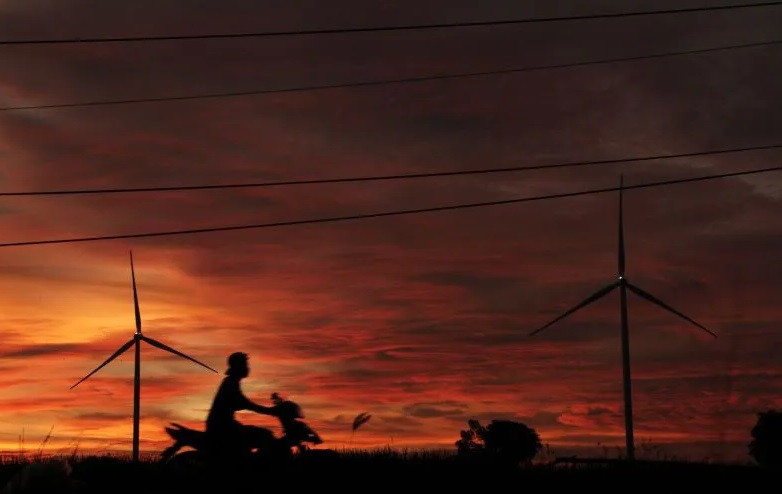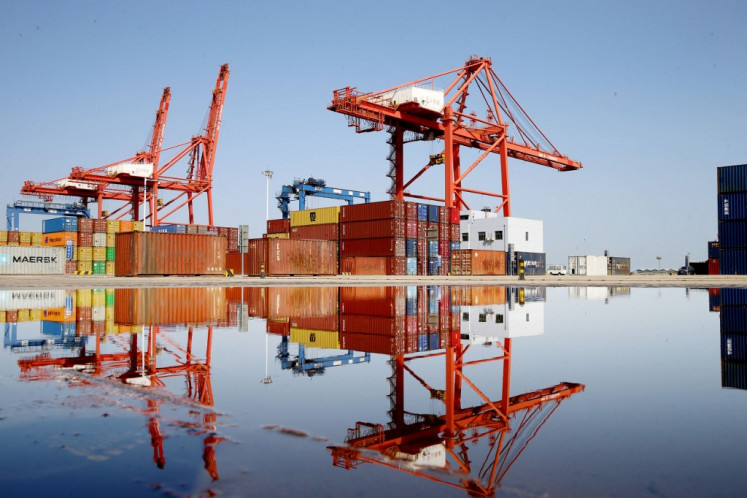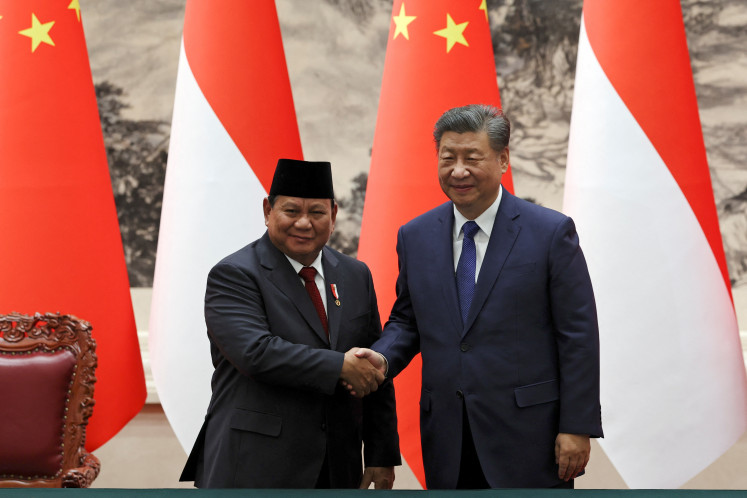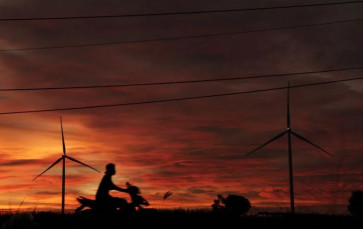Popular Reads
Top Results
Can't find what you're looking for?
View all search resultsPopular Reads
Top Results
Can't find what you're looking for?
View all search resultsG20 Indonesia and energy transition: Now or never
G20 can deliver leadership by amplifying small-scale effective technologies such as decentralized solar and demand-side efficiency; they both offer the cheapest and most efficient transition solutions.
Change text size
Gift Premium Articles
to Anyone
In its historic first-time Group of 20 presidency, Indonesia prioritizes the three main issues of global health, digitalization and energy transition. These issues are not completely new, but since the pandemic hit the global economy hard, the presidency must push for greater transformation in these areas.
The presidency’s determination to march forward, despite the political dynamics and significant lack of trust in the forum, is crucial.
The world is moving on to the post-pandemic era with strong expectations of a growing economy. Governments understandably prioritize efforts for a fiscal rebound to recover from years of silence. Unfortunately, this has led to the greatest emissions rebound in history in 2021, the result of increases in both energy demand and use of coal.
As the Intergovernmental Panel on Climate Change’s (IPCC) dire warning resounds that it is a “now-or-never” chance between the world as we know it and climate disaster, it is absolutely necessary for the G20, which is accountable for 80 percent of the world’s emissions, to deliver a concrete roadmap.
Today, the majority of those emissions stem from the energy sector, but at the same time, development is not fairly distributed yet, with 770 million people having no access to electricity. Climate change further deepens inequalities and disproportionately impacts poorer countries, by leaving them more vulnerable to extreme weather events and a greater share of wealth loss.
It sparks more debates on how the G20 forum provides energy security and equity for the global population.



















